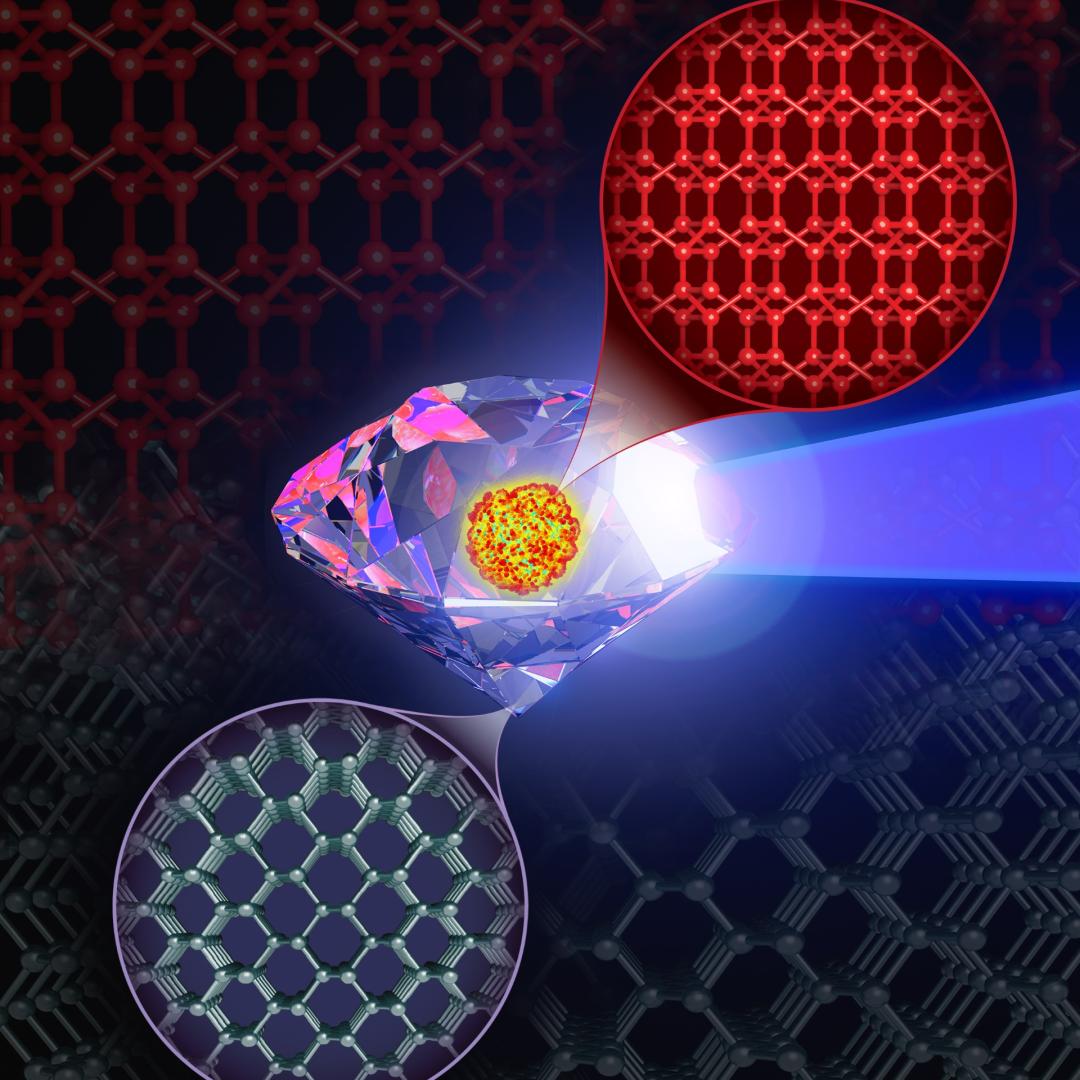
Filter News
Area of Research
- (-) Supercomputing (56)
- Advanced Manufacturing (11)
- Biological Systems (1)
- Biology and Environment (47)
- Clean Energy (92)
- Computational Biology (1)
- Computational Engineering (1)
- Computer Science (1)
- Fusion and Fission (11)
- Fusion Energy (2)
- Isotopes (5)
- Materials (33)
- Materials for Computing (5)
- National Security (25)
- Neutron Science (21)
- Nuclear Science and Technology (10)
- Quantum information Science (1)
- Sensors and Controls (1)
News Type
News Topics
- (-) 3-D Printing/Advanced Manufacturing (5)
- (-) Biomedical (12)
- (-) Frontier (25)
- (-) Machine Learning (12)
- (-) Security (5)
- (-) Sustainable Energy (8)
- Artificial Intelligence (33)
- Big Data (14)
- Bioenergy (9)
- Biology (10)
- Biotechnology (2)
- Buildings (3)
- Chemical Sciences (4)
- Climate Change (15)
- Computer Science (77)
- Coronavirus (12)
- Cybersecurity (8)
- Decarbonization (4)
- Energy Storage (6)
- Environment (16)
- Exascale Computing (19)
- Grid (4)
- High-Performance Computing (31)
- Isotopes (1)
- Materials (12)
- Materials Science (14)
- Mathematics (1)
- Microscopy (7)
- Molten Salt (1)
- Nanotechnology (10)
- National Security (8)
- Net Zero (1)
- Neutron Science (13)
- Nuclear Energy (3)
- Partnerships (1)
- Physics (7)
- Quantum Computing (15)
- Quantum Science (20)
- Simulation (11)
- Software (1)
- Space Exploration (2)
- Summit (35)
- Transportation (5)
Media Contacts
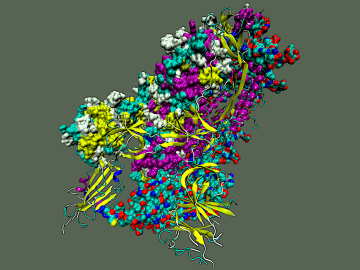
To explore the inner workings of severe acute respiratory syndrome coronavirus 2, or SARS-CoV-2, researchers from ORNL developed a novel technique.
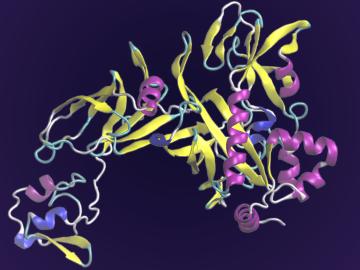
A team of scientists led by the Department of Energy’s Oak Ridge National Laboratory and the Georgia Institute of Technology is using supercomputing and revolutionary deep learning tools to predict the structures and roles of thousands of proteins with unknown functions.

A world-leading researcher in solid electrolytes and sophisticated electron microscopy methods received Oak Ridge National Laboratory’s top science honor today for her work in developing new materials for batteries. The announcement was made during a livestreamed Director’s Awards event hosted by ORNL Director Thomas Zacharia.

The U.S. Department of Energy’s Office of Science announced allocations of supercomputer access to 51 high-impact computational science projects for 2022 through its Innovative and Novel Computational Impact on Theory and Experiment, or INCITE, program.
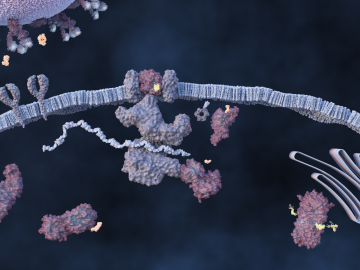
An ORNL-led team comprising researchers from multiple DOE national laboratories is using artificial intelligence and computational screening techniques – in combination with experimental validation – to identify and design five promising drug therapy approaches to target the SARS-CoV-2 virus.

The Department of Energy’s Oak Ridge National Laboratory has licensed its award-winning artificial intelligence software system, the Multinode Evolutionary Neural Networks for Deep Learning, to General Motors for use in vehicle technology and design.

The U.S. Department of Energy’s Innovative and Novel Computational Impact on Theory and Experiment, or INCITE, program is seeking proposals for high-impact, computationally intensive research campaigns in a broad array of science, engineering and computer science domains.

Twenty-seven ORNL researchers Zoomed into 11 middle schools across Tennessee during the annual Engineers Week in February. East Tennessee schools throughout Oak Ridge and Roane, Sevier, Blount and Loudon counties participated, with three West Tennessee schools joining in.

Six scientists at the Department of Energy’s Oak Ridge National Laboratory were named Battelle Distinguished Inventors, in recognition of obtaining 14 or more patents during their careers at the lab.
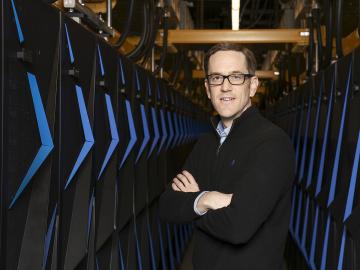
The annual Director's Awards recognized four individuals and teams including awards for leadership in quantum simulation development and application on high-performance computing platforms, and revolutionary advancements in the area of microbial


